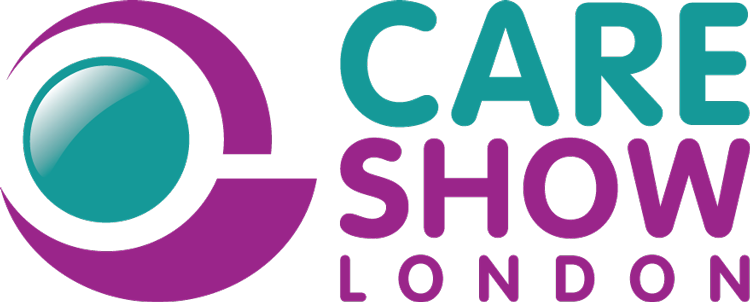The Future of Care Home Management: How Technology is Supporting Efficiency Amid Rising Costs
)
With the recent UK Government budget mandating higher National Insurance contributions and increased minimum wages, care homes face mounting financial pressures alongside ever-growing demands for high-quality care. As resources stretch thinner, care home management technology is emerging as a critical tool to help providers operate more efficiently and continue to deliver exceptional care. By digitising daily operations, from medication management to scheduling and reporting, these platforms offer new ways to support care teams, ease compliance efforts, and optimise budgets without sacrificing resident wellbeing.
A major area where technology is making an impact is in medication management. Traditional paper-based records, which are prone to errors and require time-intensive updates, are now giving way to electronic Medication Administration Records (eMAR) systems. These systems digitise medication administration, tracking schedules in real-time, automatically flagging potential errors, and simplifying the handover process across shifts. For care providers, this not only means enhanced safety but also a significant reduction in the time spent on manual logging, enabling carers and nurses to focus more on direct resident care.
eMAR and similar technologies offer immediate relief from administrative tasks, which is vital in light of rising staff costs. Care homes are contending with increased wage requirements and NI contributions, making it crucial to streamline operations and make the most of existing resources. Technology plays a key role here by easing administrative burdens, automating repetitive tasks, and consolidating data across multiple areas of care, from medication to incident reporting. By reclaiming time otherwise spent on paperwork, or travelling from home to home to collect paperwork, staff are better able to handle increasing responsibilities without needing additional team members - an essential adjustment given the budget constraints many providers now face.
In addition to direct time savings, care management software provides valuable insights that help care homes make data-driven decisions. With digital records and reporting tools, managers can spot patterns, forecast staffing needs, and adjust resources in real time. These insights help reduce overtime costs, prevent overstaffing, and streamline care schedules, allowing homes to optimise both their budget and staff effectiveness. This capability is particularly valuable in light of the government’s new financial mandates, as every opportunity for improved efficiency can contribute to a more financially sustainable operation.
Regulatory compliance, too, is simplified by these digital platforms. The Care Quality Commission (CQC) increasingly values transparent, accessible records that document consistent, high-quality care. Digital management tools make it easier to meet these standards, as they allow providers to organise and retrieve detailed, real-time records without the need for manual filing. The software provides a reliable compliance foundation that helps minimise the risk of costly regulatory oversights.
Of course, the shift to digital is not without its challenges. Technology is only as effective as its users, which means that proper training and ongoing support are essential to fully harness the benefits of these systems. By investing in digital literacy and building a culture of adaptability, care homes can ensure that staff feel confident in using technology to enhance care.
In an industry where human touch and compassion are central, technology is a powerful enabler rather than a substitute for personal care. It offers a way for care homes to balance rising operational costs with the promise of high-quality, person-centred care. As the sector faces new economic realities, care home management software such as eMAR stands out as an invaluable tool, helping providers operate sustainably, maintain compliance, and prioritise resident wellbeing in the midst of an evolving financial landscape.
Chris Pearson, Managing Director, MED e-care


